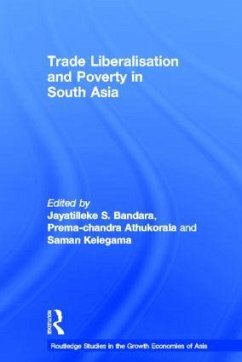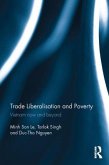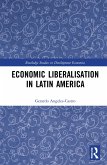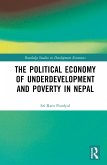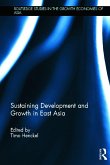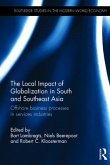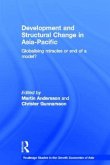The link between trade liberalisation and poverty has arguably been one of the most debated topics in development policy debate. Existing studies on the subject have primarily used multi-country cross-sectional data, and there is a growing concern about the limitations of this approach in providing a sound empirical basis for informing the policy debate. These limitations point to the need for undertaking in-depth analyses within individual countries over time. In order to examine the connection between trade liberalisation and poverty, this book provides case studies of trade policy reforms and poverty reduction outcomes of seven countries in South Asia - Bangladesh, Bhutan, India, Maldives, Nepal, Pakistan, and Sri Lanka. The South Asia region allows for an excellent comparative study given the widespread emphasis on liberalisation reforms in the region over the past two decades, as well as highlighting significant inter-country differences in terms of the timing and comprehensiveness of reforms, and the heavy concentration of world poverty in the region. This book is a useful contribution to studies on South Asia, as well as International Trade and Development Economics.

